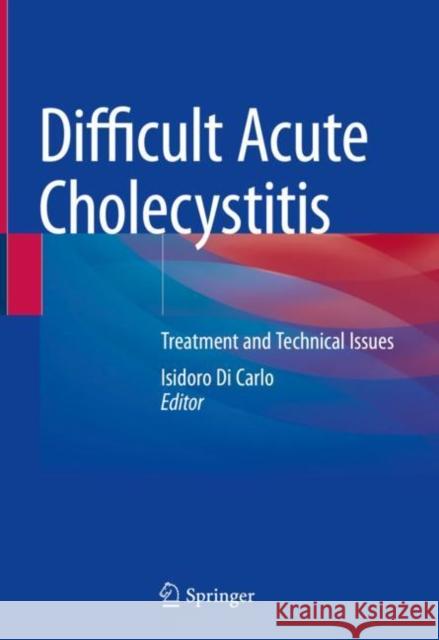Difficult Acute Cholecystitis: Treatment and Technical Issues » książka
topmenu
Difficult Acute Cholecystitis: Treatment and Technical Issues
ISBN-13: 9783030621018 / Angielski / Twarda / 2021 / 174 str.
Difficult Acute Cholecystitis: Treatment and Technical Issues
ISBN-13: 9783030621018 / Angielski / Twarda / 2021 / 174 str.
cena 603,81
(netto: 575,06 VAT: 5%)
Najniższa cena z 30 dni: 578,30
(netto: 575,06 VAT: 5%)
Najniższa cena z 30 dni: 578,30
Termin realizacji zamówienia:
ok. 16-18 dni roboczych.
ok. 16-18 dni roboczych.
Darmowa dostawa!
Kategorie BISAC:
Wydawca:
Springer
Język:
Angielski
ISBN-13:
9783030621018
Rok wydania:
2021
Wydanie:
2021
Ilość stron:
174
Waga:
0.50 kg
Wymiary:
26.16 x 19.56 x 1.27
Oprawa:
Twarda
Wolumenów:
01











